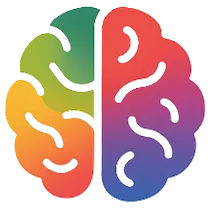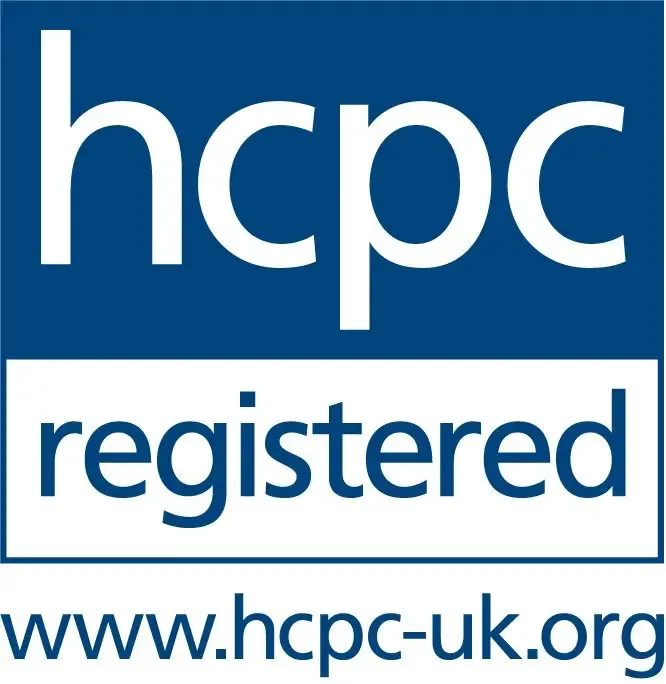Autism and ADHD Assessments
All Kinds of Minds Ltd is a pioneering, neuro-affirming multidisciplinary assessment service for Autism and ADHD, grounded in the values of the neurodiversity movement. Led by two Autistic Clinical Psychologists with extensive leadership and frontline NHS experience in Neurodivergence, our clinical directors bring a rare blend of clinical expertise, authenticity, and lived experience to every aspect of the service.
We provide trauma-informed, identity-affirming assessments for adults that reject deficit-based models and instead honour Autism and ADHD as natural variations in human cognition and behaviour. Our respectful and collaborative approach not only meets gold-standard diagnostic criteria (including NICE guidelines), but also fosters self-understanding, validation, and meaningful post-diagnostic support.
Staffed by experienced neurodivergent professionals, our team embodies the values of representation, authenticity, and inclusivity. Clients feel seen, understood, and valued by practitioners who combine clinical acumen with lived, neurodivergent insight. This approach reduces trauma, builds trust, and allows for richer, more accurate assessments—particularly for those who have historically been missed or misdiagnosed, including women, non-binary people, and individuals from marginalised communities.

Our mission is to deliver accurate, compassionate, and inclusive diagnostic experiences that empower neurodivergent individuals, reduce long-term demand on health and education services, and bridge the current gap between community need and system capacity.

All Kinds of Minds is uniquely placed to support the transformation of neurodevelopmental pathways across the North East and North Cumbria region. We offer a regionally responsive, flexible, and accessible model that improves access, reduces waiting lists, and raises standards of care in line with the NHS Long Term Plan and NICE guidelines.
Our Neuro-affirming Model of Care
Our assessment framework is:
- Strengths-Based: We focus on abilities, identity, and adaptations—not just challenges or deficits.
- Lived Experience-Led: Our service is built with direct input from neurodivergent clinicians, advisors, and community members.
- Trauma-Informed: We recognise the impact of late or missed diagnosis, masking, and systemic exclusion.
- Culturally Responsive: We address diagnostic bias and tailor our approach for diverse genders, ethnicities, and communication styles.

We follow gold-standard clinical procedures which are NICE compliant and in line with NHS England commissioning guidance, but always within a context that validates the individual’s experience rather than pathologises difference.
Clinical Governance

Clinical governance is embedded in our service plan, which includes regular supervision, audit cycles, and feedback. All clinicians are HCPC-registered with enhanced DBS clearance, safeguarding training, and ongoing CPD. Service users are invited to provide structured feedback post-assessment, which informs continuous service improvement.
Referral Pathways & Eligibility
Referrals to All Kinds of Minds Ltd will be made via GP under the NHS Right to Choose pathway. We accept adults (18+) across the North East and North Cumbria ICB footprint and beyond, in line with NHS England guidance. Our team is fully compliant with CQC and GDPR standards and offers streamlined communication with referring clinicians. See flowchart of referral and assessment pathway:
[insert flowchart]
Post-Diagnostic Support
Our post-diagnostic support is delivered by neurodivergent professionals who bring both clinical expertise and lived experience, creating a space of authentic understanding and practical insight. We empower Autistic and ADHD adults to explore their identity, develop self-advocacy skills, and build sustainable strategies for wellbeing in a world not yet designed for all minds.
Each client receives a co-created, personalised report outlining their strengths, needs, and goals. These documents support access to workplace adjustments, educational accommodations, and wider services — ensuring continuity of care and greater autonomy in navigating services.